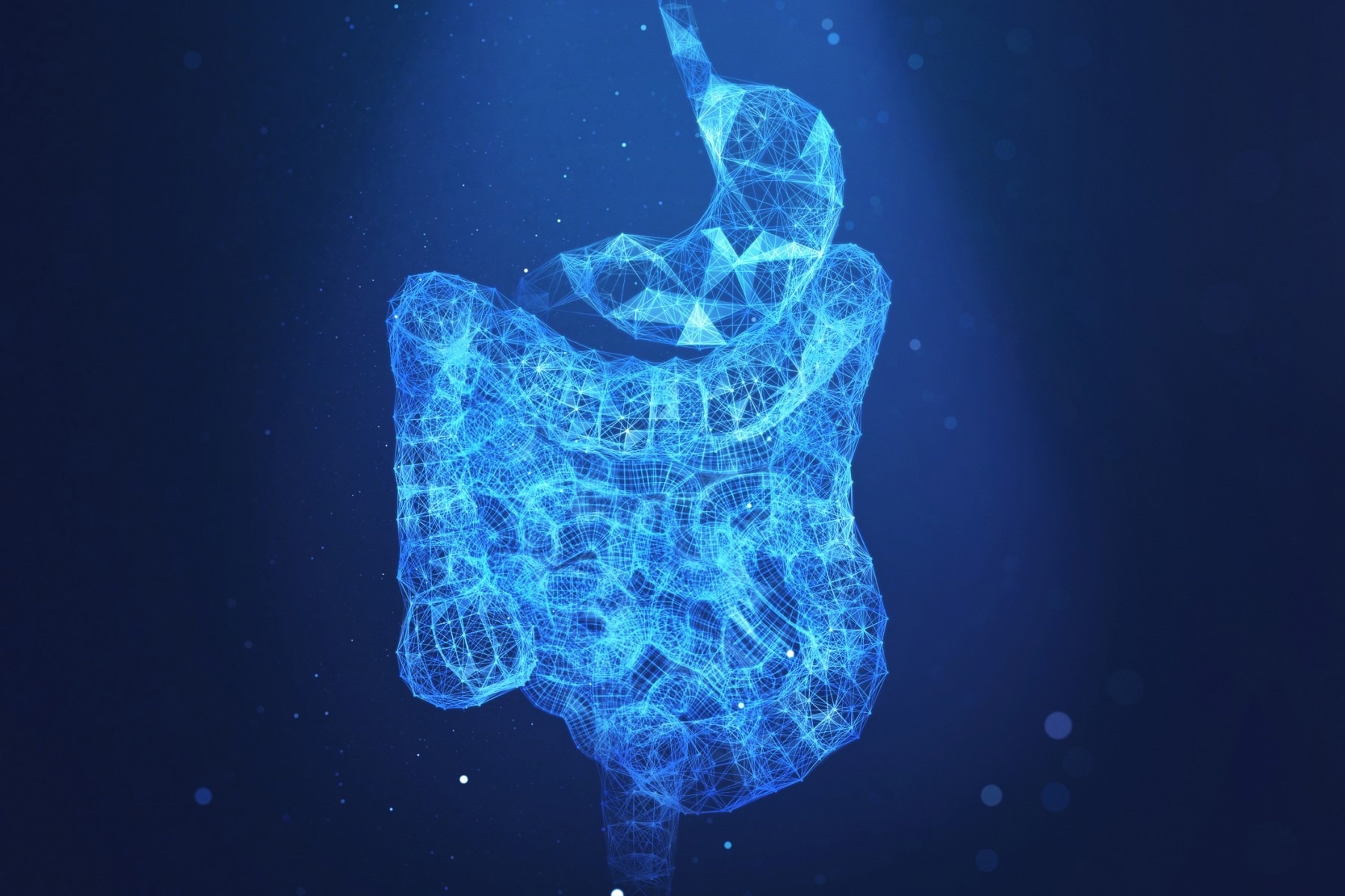According to a recent study conducted by Cedars-Sinai and the University of California, San Francisco (UCSF), altering a cellular process can cause stem cells, which are the cells that give rise to all other types of body cells, to either die or regenerate.
 Investigators at Cedars-Sinai and UCSF plan to study stem cell signaling in samples taken from human intestines. Image Credit: Getty
Investigators at Cedars-Sinai and UCSF plan to study stem cell signaling in samples taken from human intestines. Image Credit: Getty
The research, which was published in the peer-reviewed journal Cell Stem Cell, could help in the creation of new medicines that can influence this process to lessen or prevent the growth and spread of cancer while also promoting regeneration in the context of other diseases.
The senior author of the study and executive director of Cedars-Sinai Guerin Children’s, Ophir Klein, MD, PhD, said the results highlight the need for the body to produce the ideal number of new cells.
It is like a Goldilocks situation with cell production. If you have too much cell division, you end up with tumors. If you have too little, you have poor replacement of old cells.”
Ophir Klein, MD, PhD, Study Senior Author and Executive Director, Guerin Children’s, Cedars-Sinai
Numerous biological pathways control the body’s cells in different ways. Each pathway entails a series of molecular events occurring within a cell that results in a change in the cell, such as the production of a new molecule like a protein.
Researchers from Cedars-Sinai and UCSF examined the impact of the Discs large 1 (Dlg1) gene on the Wnt signaling pathway for this study. The progression of stem cells along this pathway is controlled by several molecular interactions.
It is essential for stem cell renewal and tissue regeneration that the Wnt pathway, which starts on a cell's surface and ends inside it, is active. Despite the pathway’s extensive study, there is still much to learn about how slight increases and decreases in the frequency of communication signals passing through the pathway could impact the production of new cells.
Klein, who is also the David and Meredith Kaplan Distinguished Chair in Children’s Health added, “The signals or instructions can vary over time and under different conditions of health and disease.”
To understand how mutations in Dlg1 affect the interaction between Wnt signaling and stem cells in the highly regenerative gastrointestinal tract, researchers examined intestinal tissue samples from laboratory mice. The team examined the samples’ gene expression to look for modifications in the genes that usually transmit signals along the Wnt pathway.
Researchers were able to observe how variations in signaling frequency impacted the production of stem cells through this process.
The researchers discovered that the stem cells died rather than produce new daughter cells when they decreased the expression of Dlg1 and then increased signaling along the Wnt pathway by adding a particular molecule, such as a virus or drug.
By better understanding cell signaling, we can learn how to use a molecule to speed up or slow down this pathway and normalize signaling so that a given organ has the right number of cells.”
David Castillo-Azofeifa, PhD, Study Co-First Author and Principal Scientist, Genentech, Inc.
Klein’s lab at UCSF employed Castillo-Azofeifa as a postdoctoral fellow.
Tomas Wald, PhD, the other co-first author of the study and a scientist in Klein’s laboratory, added, “The proper interpretation of the levels of signaling is critical for the stem cells’ survival.”
The Wnt pathway and the function of Dlg1 will then be examined in human intestine samples to see if the results seen in laboratory mice are replicated.
Source:
Journal reference:
Castillo-Azofeifa, D., et al. (2022). A DLG1-ARHGAP31-CDC42 axis is essential for the intestinal stem cell response to fluctuating niche Wnt signaling. Cell Stem Cell. doi.org/10.1016/j.stem.2022.12.008